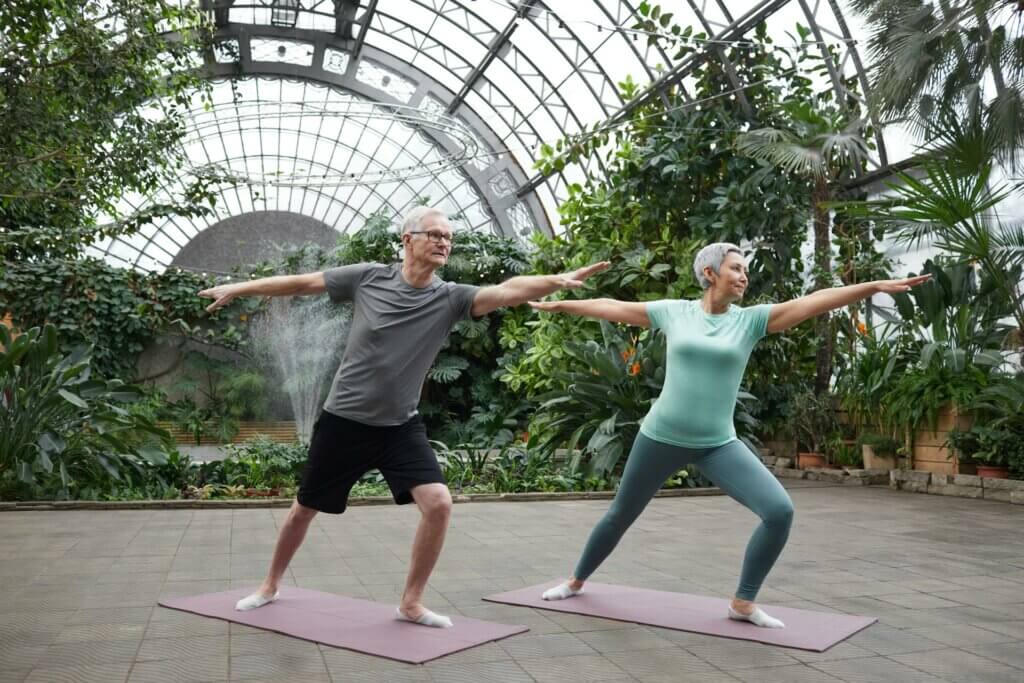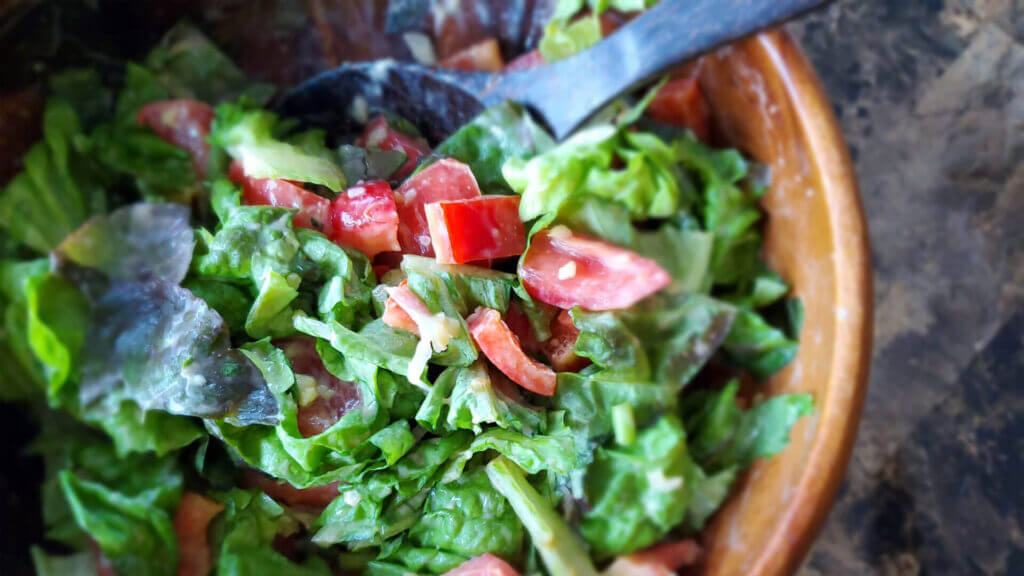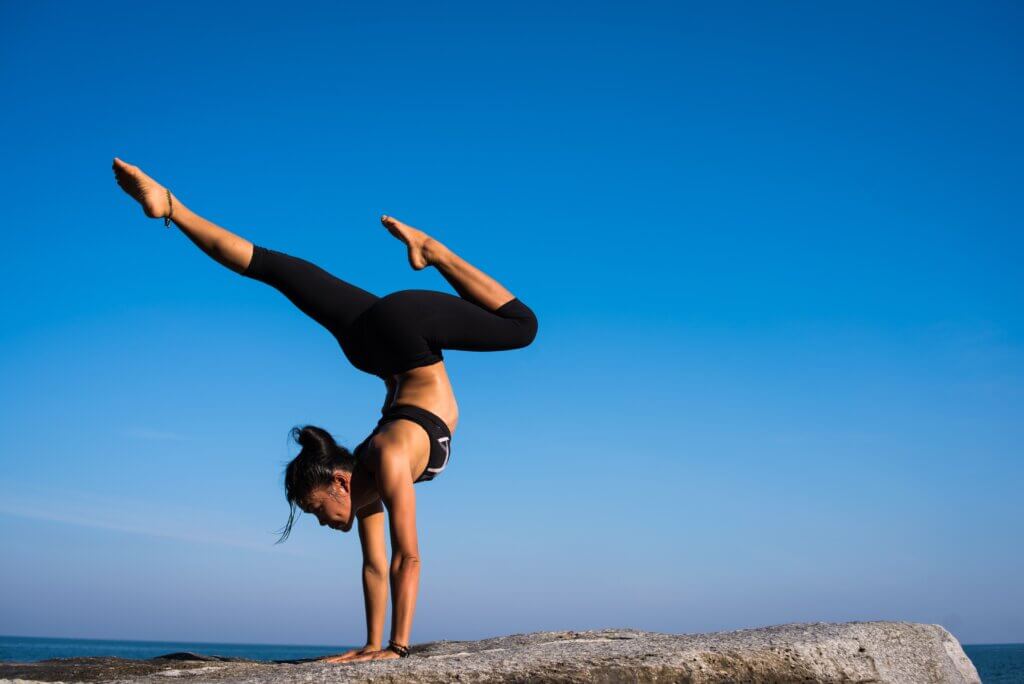The search for the mythical fountain of youth may be a timeless quest, but for those seeking a more realistic approach to aging well, the answer lies closer than you might think. It’s not magic, but it is powerful: fitness. As the population continues to age, the importance of maintaining an active lifestyle has never been more critical. The golden years, once viewed as a period of inevitable decline, are now being redefined by individuals who embrace fitness as a cornerstone of aging gracefully. The benefits of an active lifestyle extend beyond physical health, encompassing mental and emotional well-being, thus enabling older adults to preserve mobility, cognitive function, and overall quality of life.
In a society where the pursuit of youth often overshadows the realities of aging, the importance of maintaining an active lifestyle as we grow older cannot be overstated. Aging gracefully, it turns out, isn’t just about looking younger—it’s about preserving mobility, cognitive function, and overall quality of life. Scientific research consistently supports the notion that staying active is crucial for seniors, offering a multitude of physical and mental health benefits that promote longevity and well-being.
A new program, “Aging Gracefully Through Fitness,” aims to educate and empower people of all ages, especially older adults, about the significant benefits of maintaining an active lifestyle. This program highlights the key role exercise plays in preserving mobility, cognitive function, and overall well-being as we mature. “We can’t stop the aging process,” says Dr. Sarah Jones, a leading gerontologist and program advisor, “but we can significantly impact how we experience it. Regular physical activity is a cornerstone of healthy aging, offering a multitude of advantages that go far beyond just looking good.”
The Physical Benefits of Staying Active
The program delves into the science behind how exercise strengthens our bodies and minds. Physical activity helps us maintain muscle mass and bone density, which can prevent falls and injuries—a common concern for older adults. It also improves cardiovascular health, reducing the risk of heart disease, stroke, and other chronic conditions.
One of the most significant benefits of regular physical activity for seniors is the preservation of mobility. As we age, our muscle mass and strength naturally decline, a condition known as sarcopenia. Regular exercise, particularly resistance training, can slow this process, maintaining muscle function and strength. Activities such as weight lifting, resistance band exercises, and bodyweight workouts are effective in combating muscle loss.
Osteoporosis, a condition characterized by weak and brittle bones, is a common concern for older adults. Weight-bearing exercises, such as walking, jogging, and strength training, can help maintain bone density and reduce the risk of fractures. These activities stimulate bone growth and increase bone strength, providing a sturdy foundation for the body.
Cardiovascular diseases are a leading cause of death among seniors. Regular aerobic exercise, including walking, swimming, and cycling, can significantly improve heart health. These activities help lower blood pressure, improve cholesterol levels, and enhance overall cardiovascular function, reducing the risk of heart disease and stroke.
Falls are a major concern for older adults, often leading to serious injuries. Incorporating balance and flexibility exercises into a fitness routine can greatly reduce the risk of falls. Practices like yoga and tai chi not only enhance balance and coordination but also improve flexibility, making everyday movements easier and safer.
The Cognitive Benefits of Exercise
But the benefits extend beyond the physical. Studies have shown that regular exercise can boost cognitive function, improve memory, and even help to ward off dementia. Physical activity has also been linked to a reduction in stress and anxiety, promoting better sleep and a more positive outlook on life. The brain, much like the body, benefits from regular exercise. Physical activity has been shown to improve cognitive function, including memory, attention, and processing speed. Exercise increases blood flow to the brain, promoting the growth of new neurons and enhancing overall brain health. This is particularly important as it can help delay the onset of cognitive decline and conditions such as dementia and Alzheimer’s disease.
Exercise is a powerful tool for improving mental health. It releases endorphins, often referred to as “feel-good” hormones, which help reduce feelings of depression and anxiety. For seniors, maintaining a positive mental state is crucial for overall well-being. Regular physical activity can provide a sense of purpose, boost self-esteem, and foster social interactions, all of which contribute to a better quality of life.
Group exercises and fitness classes offer more than just physical benefits—they provide social opportunities that are vital for mental health. Joining a fitness group or class can help combat feelings of isolation and loneliness, common issues among older adults. These social connections can lead to lasting friendships and a strong support network.
Outcomes
“Aging Gracefully Through Fitness” is not about pushing yourself to the limit. The program emphasizes the importance of finding activities you enjoy, whether it’s a brisk walk in the park, a gentle yoga class, or dancing with friends. The key is to find ways to move your body regularly and consistently. This program offers a holistic approach to healthy aging, combining fitness advice with information on proper nutrition, stress management techniques, and the importance of social connection.
“We age best when we feel good, both physically and mentally,” says Dr. Jones. “By incorporating these lifestyle changes, we can empower ourselves to embrace the years to come with strength, resilience, and a positive outlook.” So, ditch the search for that mythical fountain and lace up your walking shoes. Aging gracefully may not involve defying time entirely, but with a commitment to fitness and a healthy lifestyle, you can make your golden years truly shine.




